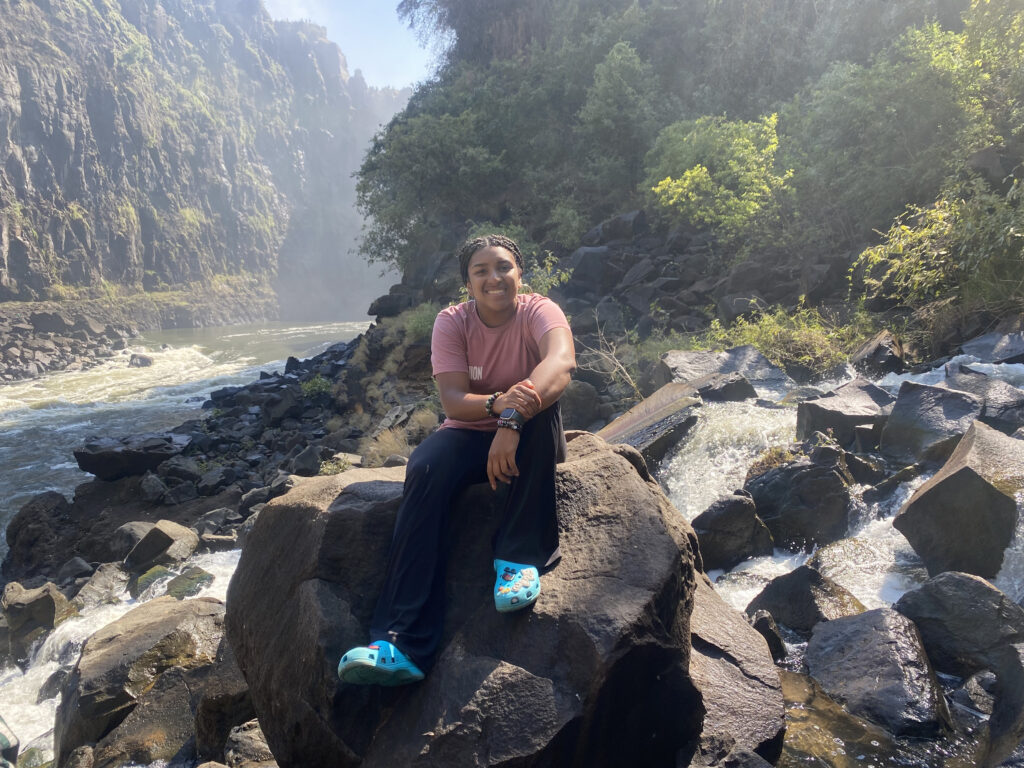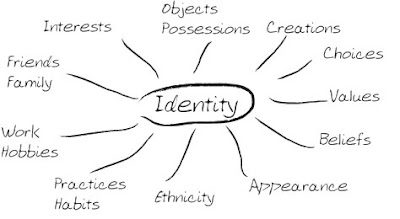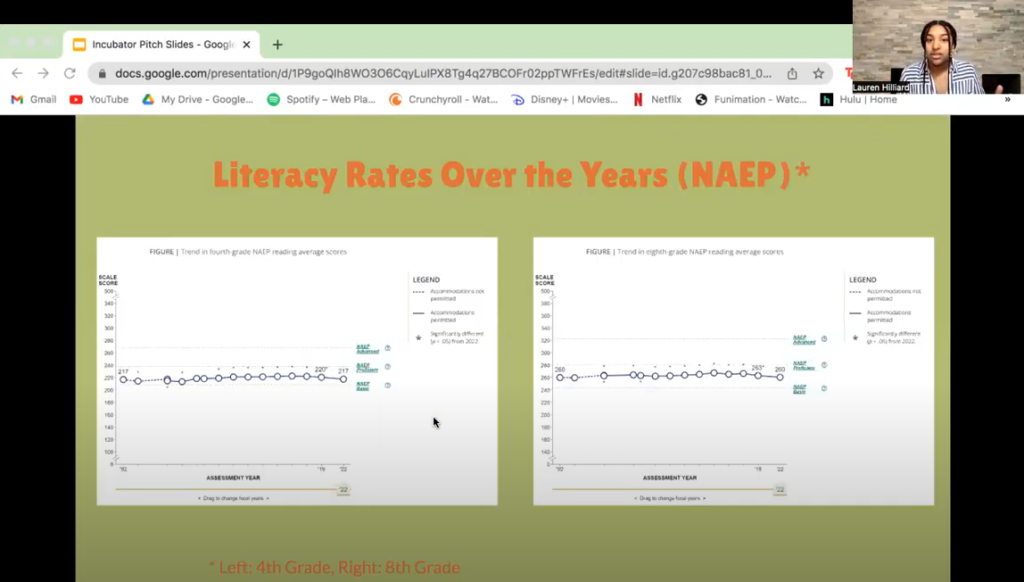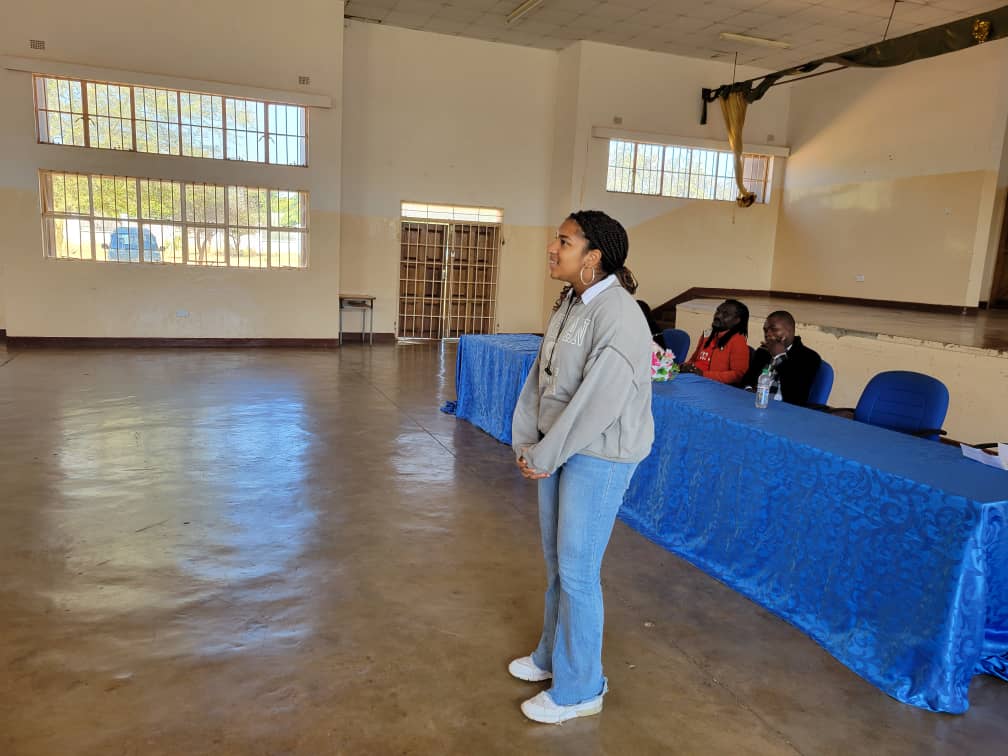Student Intern Feature

Lauren Hilliard is a senior at Potomac School and alumna of our Fellows program (DC ‘22) and Incubator (‘23). She most recently traveled to Zambia this summer as part of our Global Zambia 2024 cohort. We dived into conversation with Lauren about why she’s coming back as an intern and her LearnServe journey thus far.
How did you find out about LearnServe?
I applied to LearnServe after getting cut from my school’s volleyball team. I wanted something to do for the fall semester in my freshman year. It’s been an amazing ride ever since.
I’ve learned so much from the program, and it’s taught me so much about myself and who I want to be.
I have always really liked service growing up. Since childhood, I have done lots of community service with my church, which gave me a love for helping others. LearnServe allowed me to shape my service and my passions to best benefit others and myself.
LearnServe allowed me to shape my service and my passions to best benefit others and myself.
You’ve participated in each of LearnServe’s programs, and we’re interested in your reflections on how you’ve grown and evolved throughout. First, would you be able to walk us through your Fellows venture?
During the Fellows program, my venture was about code switching and its impact on people of color, particularly at my school. I interviewed 31 people of color spread amongst the divisions of my school, including students and faculty. Eventually, this led to me speaking at my school’s assembly with the Black Student Union, where I shared the findings of my research.
The statistics were that on average, people felt that they code-switched in about 60% of their daily conversations. That’s a lot of people.
People felt that they code-switched in about 60% of their daily conversations. That’s a lot of people.
My interviews were also about how it felt to code switch. There were alot of responses about how it was disappointing having to hide a part of yourself from people, when all you want to do is be honest, create connections, and form friendships.
I also took this venture to a one-day workshop organized by LearnServe – the Student Action Summit. I ran a workshop on code-switching where I had people create an identity web. An identity web is a diagram where you put yourself at the center with all these different parts of your identity that make you, you. Then, I had people cross out one of the most important parts of their identity, and asked how that would make them feel.

I led this exercise not because of the fact that people code-switch; it was the fact that people felt like they had to hide. That’s not what we want. We want to create open, equitable, diverse spaces.
Students in our Incubator usually build upon the venture they created in the Fellows program, but they may also pivot and tackle another social challenge. Could you tell us a little bit about your Incubator venture too? How was this a different social entrepreneurship experience than your Fellows venture?
I decided to pivot projects in the Incubator because it was getting hard to find local mentors or professionals who were actively talking about code-switching.
So, I decided to turn to another passion of mine – reading. I have always loved reading when I was younger; it had kind of picked up in the 4th grade.
However, a lot of people don’t necessarily enjoy reading as much as I do, so I wanted to get people excited about storytelling. More specifically, my venture was targeting literacy and reading proficiency loss after the pandemic. According to the National Assessment of Educational Progress, when the pandemic hit, reading skills dropped in Maryland quite significantly. They also took a hit in Virginia and DC.

I thought, what better way to increase these reading scores if not by encouraging kids to read? If you want to read, then you’ll read more, then your comprehension skills will increase.
For this venture, I worked closely with the Arlington Housing Corporation, now named the Affordable Housing Corporation. I collaborated with them to try to find a location and collect book donations for a Big Little Book Club. This venture aimed to improve reading proficiency levels for students in grades 4-8 and tailor book recommendations to their interests.
The original plan was to pick a book and read it with kids over the course of month, asking comprehension questions and questions about how the story relates to them. The end goal was to find stories that would relate to kids personally. If we could find a way to cater reading to them, then even if they didn’t enjoy this book we had read together during the Big Little Book Club, they’d have books they’d want to read by the end.
Could you tell us a little bit about the end result?
I am no longer working with the Affordable Housing Corporation, but I am still in the process of getting this venture started. During the Incubator, it was hard to find a meeting time for the book club that would fit the schedules of all partners.
I’m actually working on this venture for my Senior project at school, where we pitch a service-oriented project related to our interests that pushes us outside our comfort zones. I will have to find a partner school to work with. A couple of my older teachers from elementary school have expressed interest in helping me out and figuring where I could go and what to do. I am also in the process of organizing a book drive of sorts. So in many ways, I am returning to the “Implement” stage of the Incubator. We’re getting the ball rolling.
After Fellows and Incubator, what inspired you to participate in Global Zambia this summer?
I had plans in motion to go to Italy for a study abroad opportunity over the summer. I was taking Latin in school, wanted to study it in Rome, and I had always wanted to go there too. I thought it would be a good chance to broaden my horizons and try something new.
Then Latrina, LearnServe’s program director, sent me an email basically saying: We are going to Zambia. Here’s an application form, and here’s what you need to do. Consider it.
So, I filled it out around December. When March came around, it was time to decide whether to go to Italy or Zambia. My parents and I sat down to have a conversation and decide the pros and cons for each trip. In the end, LearnServe won because I had a gut feeling that the LearnServe trip would provide so much.
Everything I had done with LearnServe up to that point had been so beneficial and provided me with so much value, that I knew deep down that this was going to be the same. This may be better and a lot more beneficial in the long run, I told myself.
So, I went to Zambia, and I got to meet some of my friends from the Incubator and the Fellows program. We had participated in programs together for 2 years. We had a chance to interact among ourselves, network, and connect.

How do you think your LearnServe experience has shaped your future goals?
The Global Zambia trip solidified that service will always be a part of my life. No matter what I do, I want to give back to others. I want to be that someone for other people.
LearnServe kind of set in motion a major search for my future.
LearnServe kind of set in motion a major search for my future. I was already leaning towards an engineering career, but now, I’m even more excited for it. I’ve been finding ways engineers give back to others and am looking for service projects that involve engineering. In a way, engineering’s process is very similar to the LearnServe method. You identify the problem, design a solution, prototype it, test it, rework the prototype, then send it out. It’s like a copy and paste.
Why are you coming back as an intern? Could you tell us a little bit about your role?
As an intern, my job is to run the Community Action Plan (CAP) committee, which is a mix of students from the US cohort and Zambia cohort from the Global Zambia 2024 trip. My job is to facilitate meetings, take notes, and ensure the gears are running smoothly. Our goal is to raise funds for the Njira Skills Youth Centre in Lusaka, Zambia, which we visited during our summer trip. We want to figure out ways to support the work Njira is doing to uplift survivors of gender-based violence. I’m also helping facilitate some alumni communications and figuring out ways to get alumni engaged and give back.
I love LearnServe. If I can share that passion with other people then I will try. I want to give back to what was given to me, growing both myself and LearnServe.
